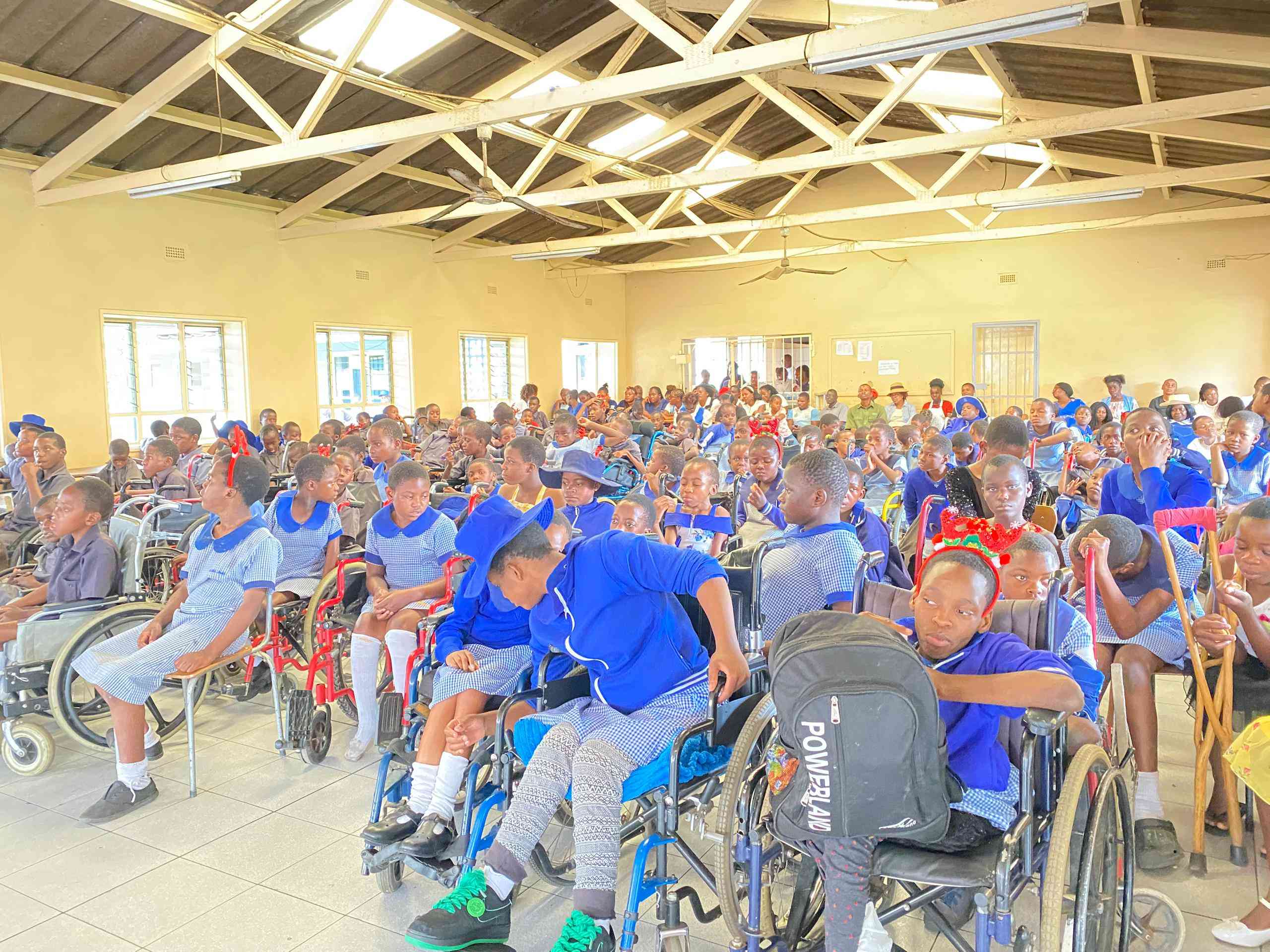
THE High Court has jailed for 15 years a woman from Ushewokunze in Harare South after she fatally struck her husband on the back of the head with a soft drink bottle following a misunderstanding over his intention to go and drink beer with his friends.
Memory Marira, who pleaded not guilty to murder, however, admitted hitting Lovemore Tembo with a bottle and was convicted by High Court judge Justice Lucy Mungwari after a full trial.
It was the State’s case that on January 20 this year, a domestic dispute erupted after Tembo said he wanted to leave the house for a beer drink with friends.
Marira, who was opposed to the idea, pursued Tembo in a bid to stop him and he returned to the house.
The court heard that once inside, Tembo taunted Marira, challenging her to strike him.
After some time, Tembo told Marira that he had decided to forgo the trip to the shops because he wanted to attend a traditional beer-drinking ceremony in their locality, but she would have none of it.
When Tembo was about to leave, Marira struck him at the back of the head with an empty soft drink bottle and he collapsed.
A neighbour and Tembo’s friend, Richard Chitima, was called to assist to resuscitate him, but after seeing his condition, he took him to a nearby clinic, where he was referred to Sally Mugabe Central Hospital. He succumbed to the injuries the following day.
- Fresh land invasions hit Whitecliff
- Pomona cash row escalates
- Border Timbers targets European markets
- SA name strong A side for Zim tour
Keep Reading
While she did not dispute assaulting Tembo, Marira claimed provocation.
Justice Mungwari dismissed her defence and convicted her after full trial.
The State submitted that the offence was committed under mitigatory circumstances, adding that Marira was Tembo’s wife.
It further submitted that it is the deceased who placed empty bottles before Murira ordering her to strike him, demonstrating that the weapon used was an opportunistic weapon.
The State also submitted that Marira assisted in taking Tembo to hospital.
Justice Mungwari said at law, the State was not supposed to address the court in mitigation saying it needed to focus on whether the murder was committed in aggravating circumstances or not.
“We cannot be faulted for concluding that counsel for prosecution totally neglected to submit arguments regarding whether the murder was committed in aggravating circumstances contrary to the tenets guiding sentencing in murder cases.
“Needless to state, failure by one of the parties in a criminal trial to address the court on the mandatory examination of whether or not the murder was committed in aggravating circumstances does not absolve the court from making that determination,” she said.
The judge said Marira was a first offender with no previous convictions and had upheld family values, providing care and support to her family, including her stepdaughter, whom she raised from the age of four and treated as her own child.
“We do not doubt that she judged herself and that it may for a long time haunt her that she killed her own husband and the father of her children,” the judge said.
“There was no justification for the severity of the assault inflicted upon the deceased. The circumstances surrounding the offence leave us in no doubt that the deceased died a painful death at the hands of someone he could be forgiven to regard as his protector. The blow was brutal. It split open the deceased’s skull.”
She said there was no justification for the imposition of a sentence that was less or higher than the presumptive penalty suggested in the guidelines.










